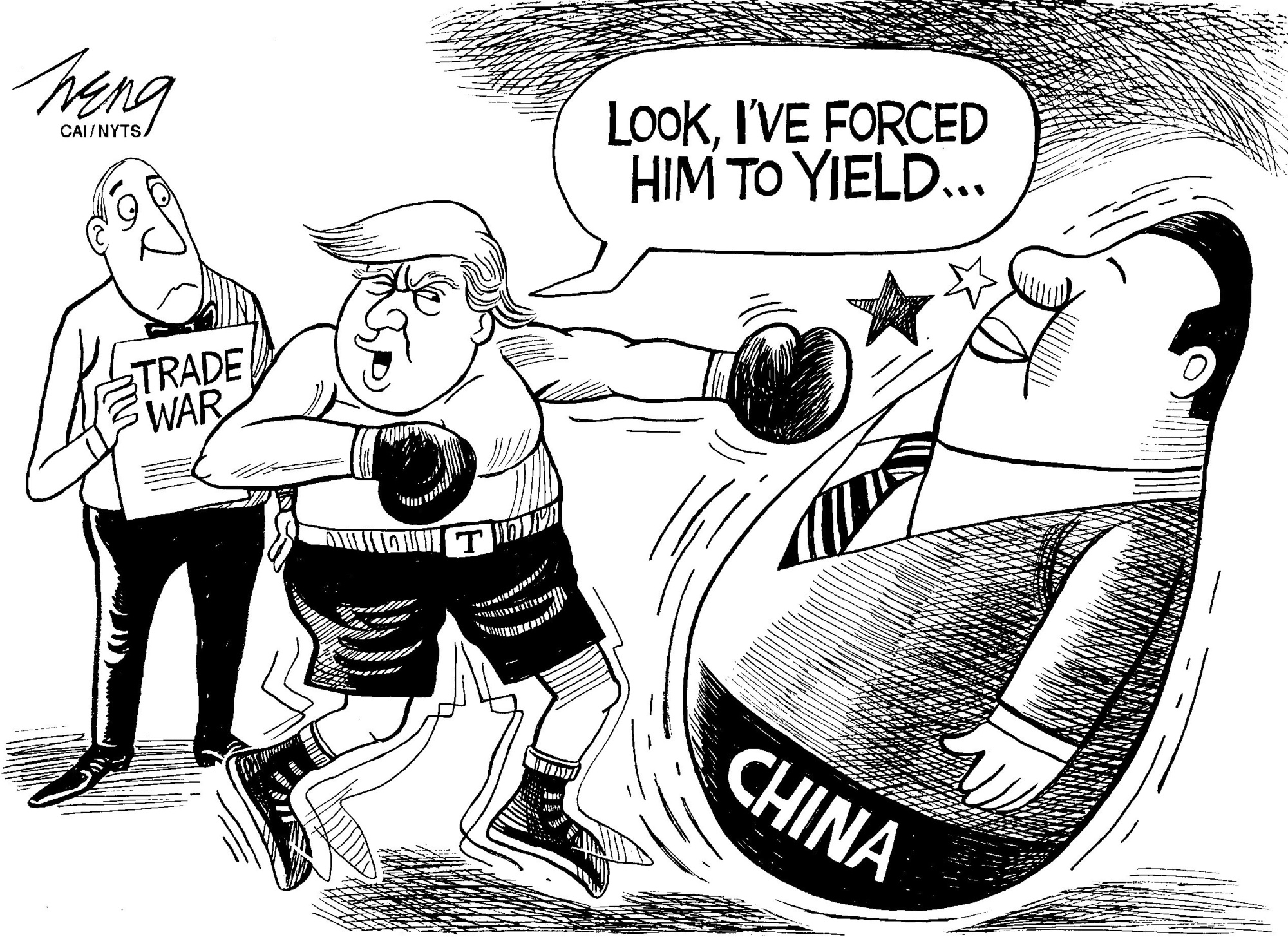A possible trade war between the United States and China has been "put on hold" as the two governments agreed in a joint statement May 19 on their trade talks that China will significantly increase its purchase of U.S. goods and services. They also concurred that both sides will shelve the threatened imposition of punitive tariffs against each other while they continue trade negotiations. Stock markets have reacted favorably to this seeming rapprochement between Washington and Beijing on their trade disputes.
I'm not optimistic over the prospect of the U.S.-China talks, however, since I believe that the trade frictions between the two countries are much more severe than the trade disputes that raged between Japan and the U.S. from the 1980s to the '90s — and that today's divide between Washington and Beijing goes much deeper than the gap between Tokyo and Washington back then. The following are the grounds for my concern based on the comparison between the Japan-U.S. relations of the 1980s and current U.S.-China ties.
First, China, unlike Japan of the 1980s, can stand up to U.S. trade actions with retaliatory steps. Japan, which depended on the alliance with the U.S. for its national security, refrained from taking any retaliatory measures against American demands for export curbs and opening up its domestic markets to U.S. imports. The Japanese government at that time, even though it viewed the U.S. demands as irrational and based on a misperception of facts, continued to make a series of concessions such as voluntary restrictions of vehicle exports to the U.S. and bilateral semiconductor agreement — in an effort to maintain good bilateral relations. The U.S. side did not imagine that Japan would resort to retaliatory measures either, and aimed for Japanese concessions from the start.

















With your current subscription plan you can comment on stories. However, before writing your first comment, please create a display name in the Profile section of your subscriber account page.